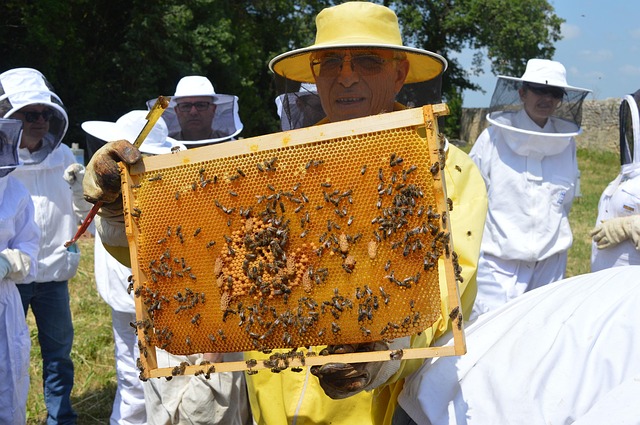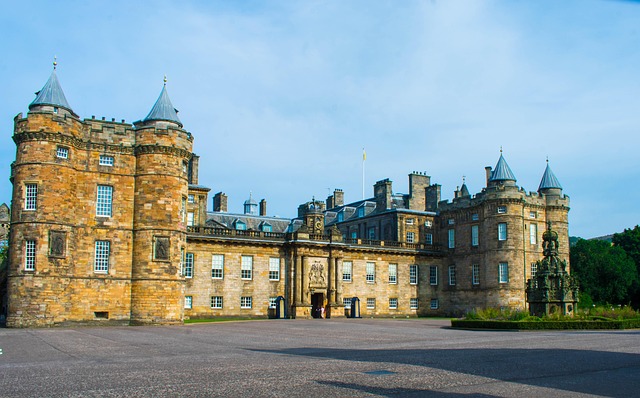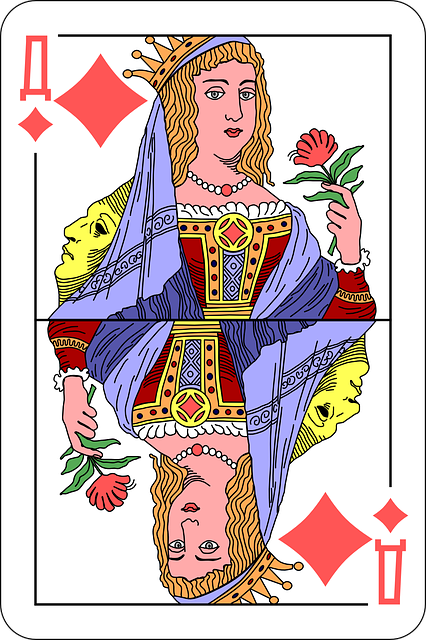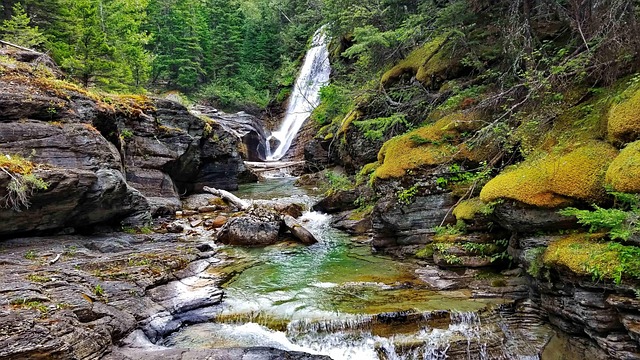In a rapidly urbanizing world, equestrian-friendly neighborhoods blend rural charm with modern amenities, appealing to horse lovers and outdoor enthusiasts. This niche market offers easy access to farms, stables, and riding trails, providing a peaceful escape from city life. Real estate investors are drawn to the combination of residential appeal and potential financial gains. Specialized agents and online resources help buyers identify suitable properties with necessary facilities and proximity to key amenities. Developers increasingly integrate equestrian lifestyles into projects to meet growing demand, offering shared spaces, infrastructure, and considerate zoning for harmonious coexistence between equestrians and other residents while promoting sustainability and nature connection.
In today’s real estate market, there’s a growing trend towards equestrian-friendly neighborhoods, where local farms thrive. This article explores the appeal of these communities for horse owners and enthusiasts. We’ll guide you through understanding this niche market, locating hidden gems of local farms in your searches, and examining how urban planning can seamlessly integrate equine lifestyles. Discover why investing in or relocating to these areas is a smart choice, offering both peaceful living and easy access to nature’s trails.
Understanding the Appeal of Equestrian-Friendly Communities

In today’s world, where urban expansion and modern lifestyle trends are on the rise, many individuals and families are seeking a different kind of community—one that offers a unique blend of rural charm and contemporary amenities. Equestrian-friendly neighborhoods have gained significant appeal in the real estate market, catering to horse lovers and outdoor enthusiasts alike. This trend reflects a desire for a closer connection to nature and a more tranquil way of life.
These communities provide an ideal setting for residents who own horses or have a passion for equestrian sports. With easy access to local farms, stables, and riding trails, these neighborhoods offer a peaceful escape from the hustle and bustle of city life. For real estate investors and buyers, the appeal lies in the growing demand for such properties and the potential for both residential enjoyment and financial gain. The harmonious fusion of agricultural landscapes and modern infrastructure creates a sought-after lifestyle that appeals to a niche yet passionate market segment.
Locating and Assessing Local Farms in Real Estate Searches

When considering real estate purchases, especially in areas that cater to equestrian enthusiasts, locating and assessing local farms is a key step. Start by leveraging online resources and local real estate agents who specialize in rural properties. These professionals can guide you towards farms that not only meet your land requirements but also offer amenities suitable for horses, such as stable facilities, pastures, and easy access to riding trails.
During your search, consider factors like the farm’s location relative to equestrian centers or training facilities, proximity to veterinary services, and the overall condition of the property. Assessing the quality of the land, including soil fertility, water availability, and drainage, is also crucial for ensuring a sustainable environment for both your home and any livestock you plan to keep.
The Integration of Equestrian Lifestyle into Neighborhood Planning

In recent years, there’s been a growing trend among real estate developers and neighborhood planners to integrate equestrian lifestyle into their projects. This shift reflects a changing demand from buyers seeking properties that accommodate horse ownership alongside traditional residential living. Equestrian-friendly neighborhoods offer not just stables and riding rings but also carefully planned access to trails and nearby rural landscapes, enhancing the overall appeal for horse enthusiasts.
Neighborhood planning that incorporates equestrian needs ensures a harmonious coexistence between residents with different lifestyles. Well-designed shared spaces, proper infrastructure for horse care, and considerate zoning regulations create an environment where equestrians can enjoy their passion while also benefiting from the amenities of a well-planned community. This integration not only caters to a specific niche market but also promotes sustainability and a deeper connection to nature within urban or suburban settings.






